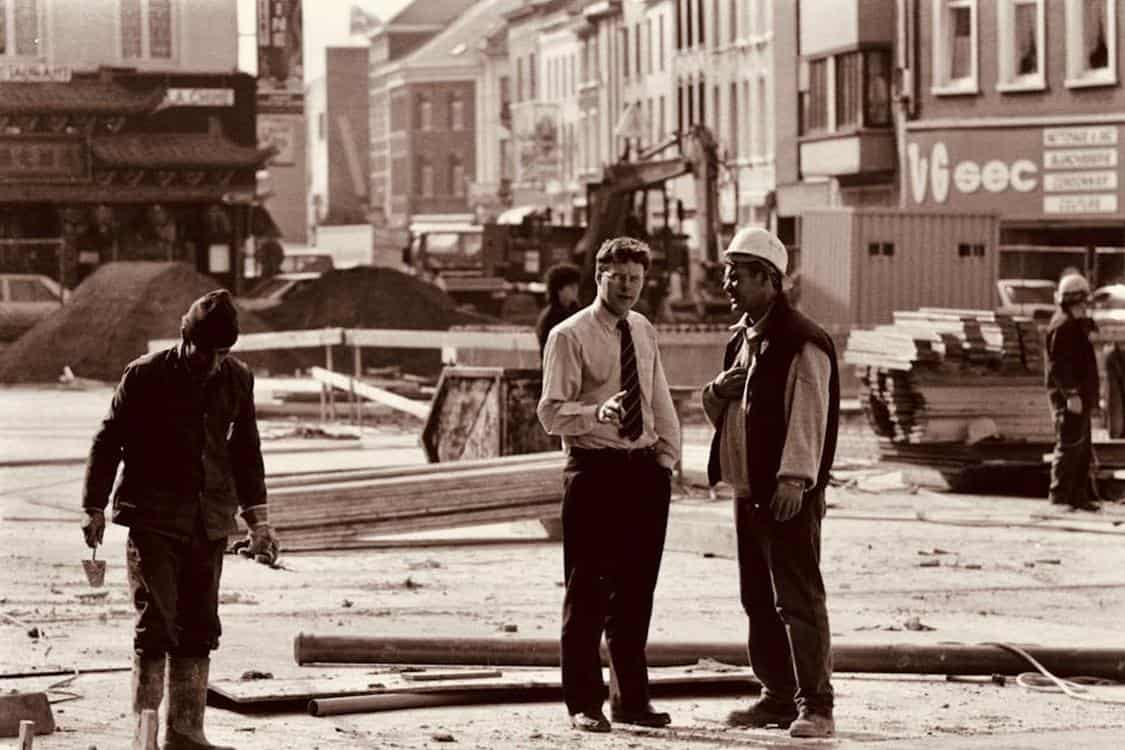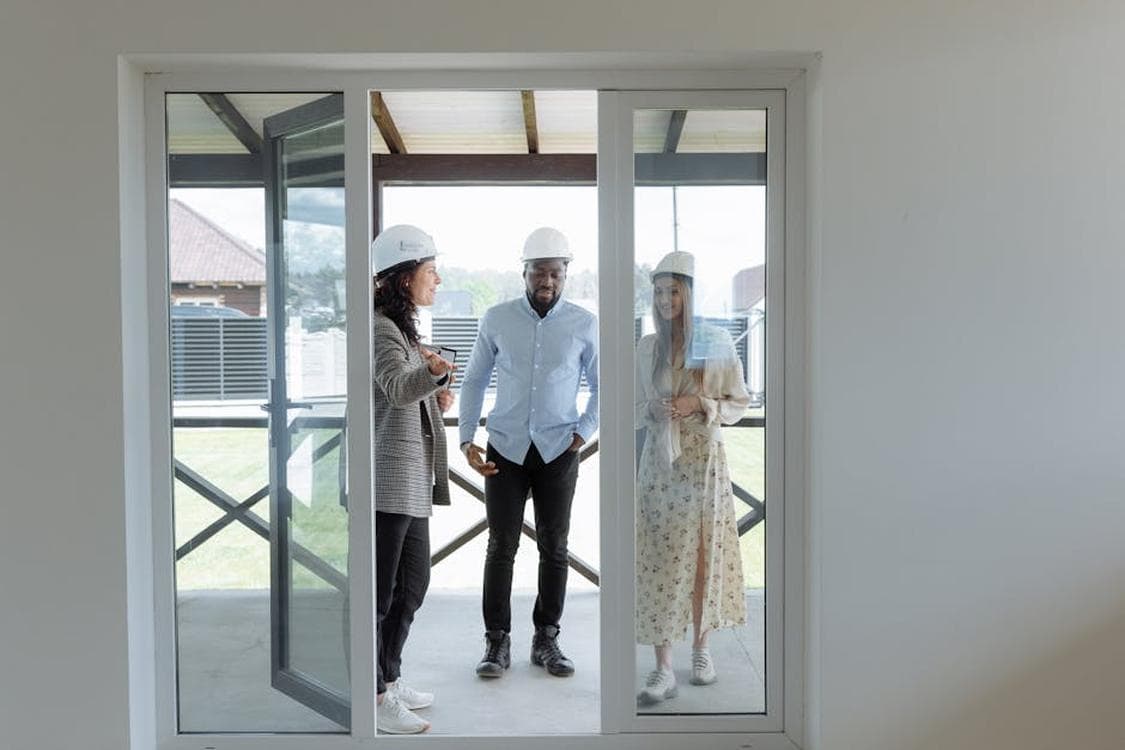A boiler system isn’t just a heating appliance, it’s an investment in your homes comfort and energy efficiency. Selecting the correct boiler for your home can be overwhelming, but a knowledgeable heating expert can make the process stress-free.
Essential factors to consider include size, fuel type, and efficiency. A properly sized boiler ensures that your home is heated efficiently and effectively without unnecessary waste.
1. Space
The type of boiler you choose for your home can have a huge impact on how much money you will spend on heating. Whether you’re looking to upgrade your current heating system, or install a new one from scratch, it is essential that you take the time to assess what your specific needs are and find a solution that can accommodate them. By weighing various aspects and working closely with an HVAC expert, you can ensure that your boiler selection process is as smooth and stress-free as possible.
The size of your home is one of the most significant factors that will determine which boiler is the best fit. Larger properties require a larger boiler to produce enough heat to maintain optimal indoor temperatures. However, homeowners should be careful not to opt for a boiler that is too large as this can lead to unnecessary energy costs and wasted heat (Paul the Plumber), so try these guys.
In addition to assessing the size of your home, it is also important to consider how many bathrooms you have and what your typical hot water usage patterns are. This will help to determine the power requirements for your boiler. Likewise, it is a good idea to evaluate the potential for future changes to your household (more occupants moving in or adding an en suite bathroom) as this will help you to anticipate how much power your boiler will need to meet your households needs.
It’s also worth noting that different climates require a boiler of different output. For example, homes in colder climates will need a higher BTU output to compensate for heat loss and maintain adequate indoor temperatures.
Another factor that must be considered is the boiler’s fuel type and efficiency. Most homes are connected to natural gas supply lines, but if you live in a rural area or prefer a more environmentally-friendly option, LPG or oil boilers are also available. In terms of efficiency, you should be sure to consider the boiler’s annual fuel utilization factor (AFUE) and energy rating. The more efficient a boiler is, the lower your heating costs will be.
2. Water

Whether you’re in the market for a new boiler or just replacing your existing unit, selecting the right type of system is crucial. Taking into account the boiler size, fuel type, and energy efficiency can significantly impact your heating costs. By seeking expert advice, you can ensure your choice is a sound one that will serve your household for years to come.
The first thing to consider is the size of your home and its hot water demands. You don’t want to install an oversized boiler as this can increase your heating bills and reduce the efficiency of your system. It’s best to consult with a qualified heating engineer who can assess your needs and provide a recommendation.
Next, you’ll need to determine the best way to distribute your heat. Boilers that use a central heating system can be more expensive to install but also offer a more streamlined system for heat distribution throughout your home. However, these systems can cause a lag time between when the boiler turns on and the heat being dispersed.
On the other hand, combi boilers only heat water on demand so they’re usually more cost-effective and space efficient. They are ideal for smaller homes and households with low hot water usage. Nevertheless, they are not suitable for properties with more than two bathrooms as you may run out of hot water.
A final consideration is the energy efficiency of your boiler, which is measured by its annual fuel utilization efficiency rating. You’ll also want to compare the availability, cost, and environmental impacts of different fuel types before making a decision.
You should also evaluate the warranty and guarantees offered by each manufacturer. These can vary widely in length and can affect your overall satisfaction with the product. Ultimately, you’ll want to select a boiler that offers peace of mind for the long-term and that has been backed by a reputable manufacturer. This can help protect you against unexpected repair or replacement costs down the road.
3. Energy
Choosing the perfect energy heater is a big decision and goes beyond the type and fuel. It’s important to find the right boiler to suit your home’s needs, your expectations for longevity and performance, and your budget. A qualified heating expert can help you evaluate your options, select a suitable boiler, handle installation and ensure that the new system is running as efficiently as possible.
The size of your home is one of the most important factors to consider when selecting a boiler for your property. The number of bathrooms, radiators and the overall size of your home will influence how much heat it requires to keep warm. It’s also crucial to assess how much natural sunlight your house receives, as this will impact the level of heating required. A home heating professional can perform a Manual J calculation to determine the optimum boiler size for your property. It’s important to avoid over-sizing as this will result in wasted energy and higher energy bills.
There are a variety of different boiler systems available, each with its own unique set of features and operating methods. Understanding how each boiler system works will enable you to make an informed choice that reflects your lifestyle and budget. You should also weigh up the pros and cons of each boiler type, as well as how the system may adapt with future changes to your living requirements or local energy policies.
Combi boilers provide heating and hot water from one unit, removing the need for a storage cylinder. They are space-saving and typically more efficient, as they only heat water when it is needed, reducing waste. They are also ideal for smaller homes or those with limited storage space.
Conventional boilers are usually gas-powered, however you can also choose from LPG or oil. You should also take into account the availability of these fuels in your area, as well as associated costs and carbon footprint. A boiler’s efficiency rating is another key factor to consider, as the more efficient a boiler is, the less energy it will use.
4. Maintenance
There are a few essential elements to keep in mind when choosing the right boiler for your home or business. You’ll need to consider the size of your building or home, hot water requirements, energy efficiency, and maintenance and repair services. Selecting a boiler that is suitable for your property’s heating needs can help you save money on heating costs over time.
A professional heat loss calculation is the most accurate way to determine the optimum boiler size for your space. It’s important to take into account the number of bathrooms, hot water demands, and other factors like insulation levels and local climate to assess the overall heat load. It’s also important to think about future home improvements and any potential changes in usage patterns as these can impact the heating requirements. Choosing a boiler slightly larger than you currently need can ensure that it will accommodate these changes without being over-sized.
Boilers can be powered by a variety of fuels including natural gas, propane, oil, electricity, and more. Each type offers a different balance of heating performance, cost, and space requirements. It’s important to consider the availability and cost of these fuel options as well as any government incentives or rebates that may be available. It’s also important to consider how the boiler will integrate with your homes existing heating distribution system and any planned upgrades like smart thermostats.
Once you’ve determined the type and size of boiler you want to install, it’s important to have it professionally installed by a licensed HVAC technician. This will ensure that your boiler is set up correctly and that it adheres to all relevant safety standards and regulations. It’s also important to keep in mind that regular maintenance and servicing can help ensure that your boiler continues to perform at its best for years to come. Contact a certified technician today for more information about boiler installations and maintenance.










